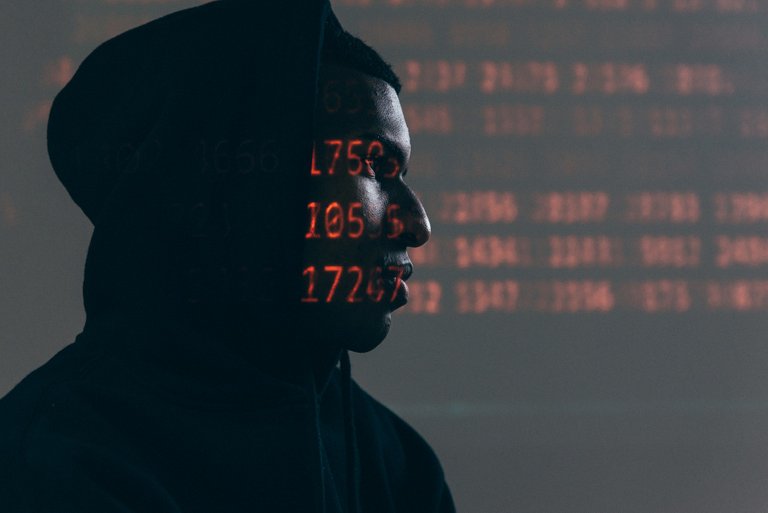As the digital age continues to evolve, the importance of data security and privacy has never been greater. With the proliferation of online platforms and the increasing amount of personal information being shared online, the risk of data breaches and cyber-attacks has skyrocketed. In this context, blockchain technology has the potential to play a crucial role in ensuring data security and privacy.
One of the key features of blockchain is its decentralized nature. Unlike traditional databases, which are centralized and controlled by a single entity, blockchain is distributed across a network of computers. This means that there is no single point of failure, making it much more resistant to cyber-attacks. In addition, the use of cryptographic techniques such as hash functions and digital signatures helps to ensure the integrity and security of the data on the blockchain.

Another advantage of blockchain is its transparency. All transactions on the blockchain are recorded on a public ledger, which can be viewed by anyone on the network. This creates a level of accountability and makes it much harder for malicious actors to conceal their activities.
In addition to these security features, blockchain also has the potential to enhance data privacy. By allowing users to control their own data and choose who has access to it, blockchain-based platforms can give individuals more control over their personal information and reduce the risk of data leaks and misuse.

Of course, it's important to note that blockchain is not a panacea for all data security and privacy issues. There are still challenges to be addressed, such as the need for better regulation and education, as well as the issue of scalability. However, the unique characteristics of blockchain make it a powerful tool for enhancing data security and privacy in the digital age.
In conclusion, blockchain has the potential to play a significant role in ensuring data security and privacy in the digital age. Its decentralized nature, transparency, and ability to give users control over their data make it a powerful tool for protecting against cyber-attacks and data breaches, and for enhancing data privacy. As the technology continues to evolve, we can expect to see more and more organizations adopting blockchain to secure their data and protect their customers' privacy.
